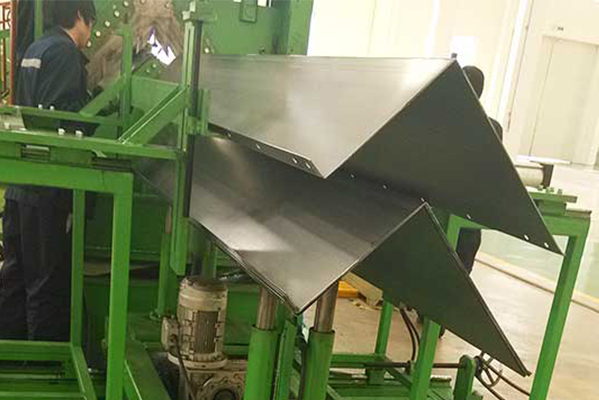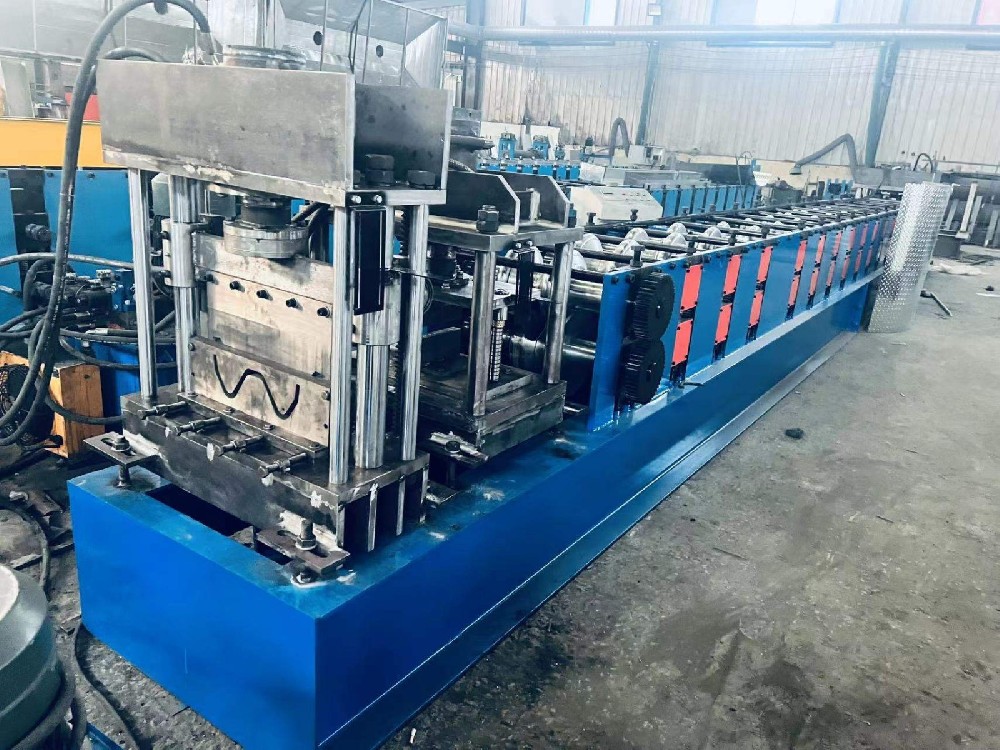Navigation Menu
Contact Us
- Email:
- info@wxavatar.com
- Address:
- Yurong Village, Yuqi Street, Huishan District, Wuxi, China.
Release Date:Jul 08, 2025 Visit:60 Source:Roll Forming Machine Factory
The steel silo industry has seen notable advancements in manufacturing technology, particularly in roll forming equipment. One emerging trend is the increasing adoption of modular design principles in steel silo roll forming machinery. This approach offers flexibility, efficiency, and improved maintenance capabilities, making it an attractive option for manufacturers.

What Is Modular Design in Roll Forming Equipment?
Modular design involves constructing machinery from standardized, interchangeable components that can be easily assembled, replaced, or upgraded. In steel silo roll forming equipment, this means breaking down the production line into discrete modules—such as decoilers, leveling units, roll forming stations, and cutting systems—that can be configured to meet different production requirements.
Key Advantages of Modular Design
Enhanced Flexibility – Manufacturers can quickly adjust production lines to accommodate different silo sizes, shapes, and material thicknesses by swapping or reconfiguring modules.
Reduced Downtime – If a component fails, only the affected module needs replacement or repair, minimizing production interruptions.
Easier Upgrades – As technology evolves, individual modules can be updated without overhauling the entire system, extending the equipment’s lifespan.
Simplified Maintenance – Standardized components make troubleshooting and servicing more straightforward, reducing long-term operational costs.
Industry Adoption and Future Outlook
Many equipment manufacturers are incorporating modular concepts into their latest roll forming systems. This shift aligns with broader industrial trends favoring adaptable and scalable machinery. While traditional integrated systems remain prevalent, modular designs are gaining traction, particularly in facilities requiring frequent product changes or expansion capabilities.

Conclusion
The move toward modular design in steel silo roll forming equipment reflects a growing emphasis on efficiency and adaptability in industrial manufacturing. By enabling faster adjustments, easier maintenance, and future-proof upgrades, modular systems provide a practical solution for modern production demands. As technology continues to evolve, this approach is likely to become increasingly standard in the industry.